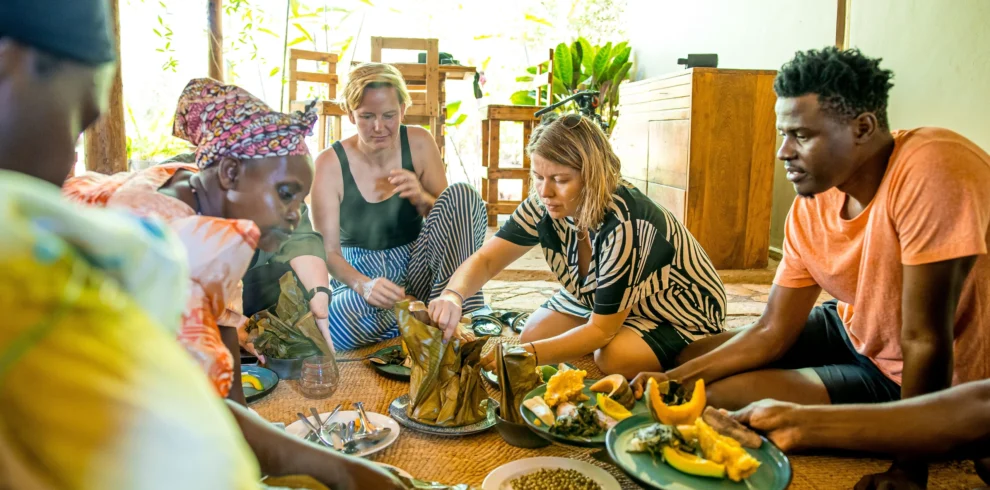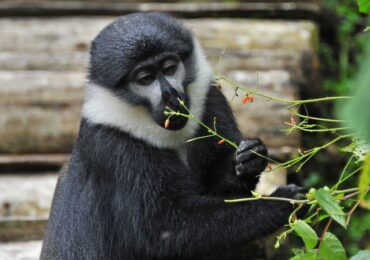- 3
- 4
- 7
- 4
- 1
- 2
- 1
- 1
- 2
- 2
- 1
- 3
- 3
- 5
- 3
- 3
- 4
- 4

- Jan
- Feb
- Mar
- Apr
- May
- Jun
- Jul
- Aug
- Sep
- Oct
- Nov
- Dec

- Jan
- Feb
- Mar
- Apr
- May
- Jun
- Jul
- Aug
- Sep
- Oct
- Nov
- Dec

Exclusive Safaris, Journeys and Experiences focused on minimizing negative impacts on the environment and local communities in Rwanda and Uganda in Africa.

Exclusive Safaris, Journeys and Experiences focused on minimizing negative impacts on the environment and local communities in Rwanda and Uganda in Africa.

 In western Uganda’s emerald highlands, Kibale Forest National Park is a rainforest alive with sound and spirit. Known as the Primate Capital of the World, it is home to over a dozen primate species, ancient trees, crater lakes, and a cool misty climate that feels like stepping into another world.
In western Uganda’s emerald highlands, Kibale Forest National Park is a rainforest alive with sound and spirit. Known as the Primate Capital of the World, it is home to over a dozen primate species, ancient trees, crater lakes, and a cool misty climate that feels like stepping into another world.
The highlight here is chimpanzee tracking. Walking beneath towering figs and vines, visitors meet our closest relatives in the wild—watching them swing, feed, and call to one another is an experience that stirs both heart and mind. The forest also shelters red colobus, blue and L’Hoest’s monkeys, forest elephants, 370 bird species, and countless butterflies, making every trek rich with discovery.
Kibale is more than a safari stop; it is also a hub for global research and conservation. Long‑standing projects study primate behavior, forest ecology, and human‑wildlife connections, turning the park into a living classroom for science and sustainability.
Equally inspiring are the communities around the forest. In places like Bigodi Wetland Sanctuary, local guides lead walks that mix birdwatching with cultural stories, while community lodges and craft cooperatives channel tourism into schools, clinics, and reforestation. Here, travel not only connects you with nature, but also supports the people working every day to protect it.

